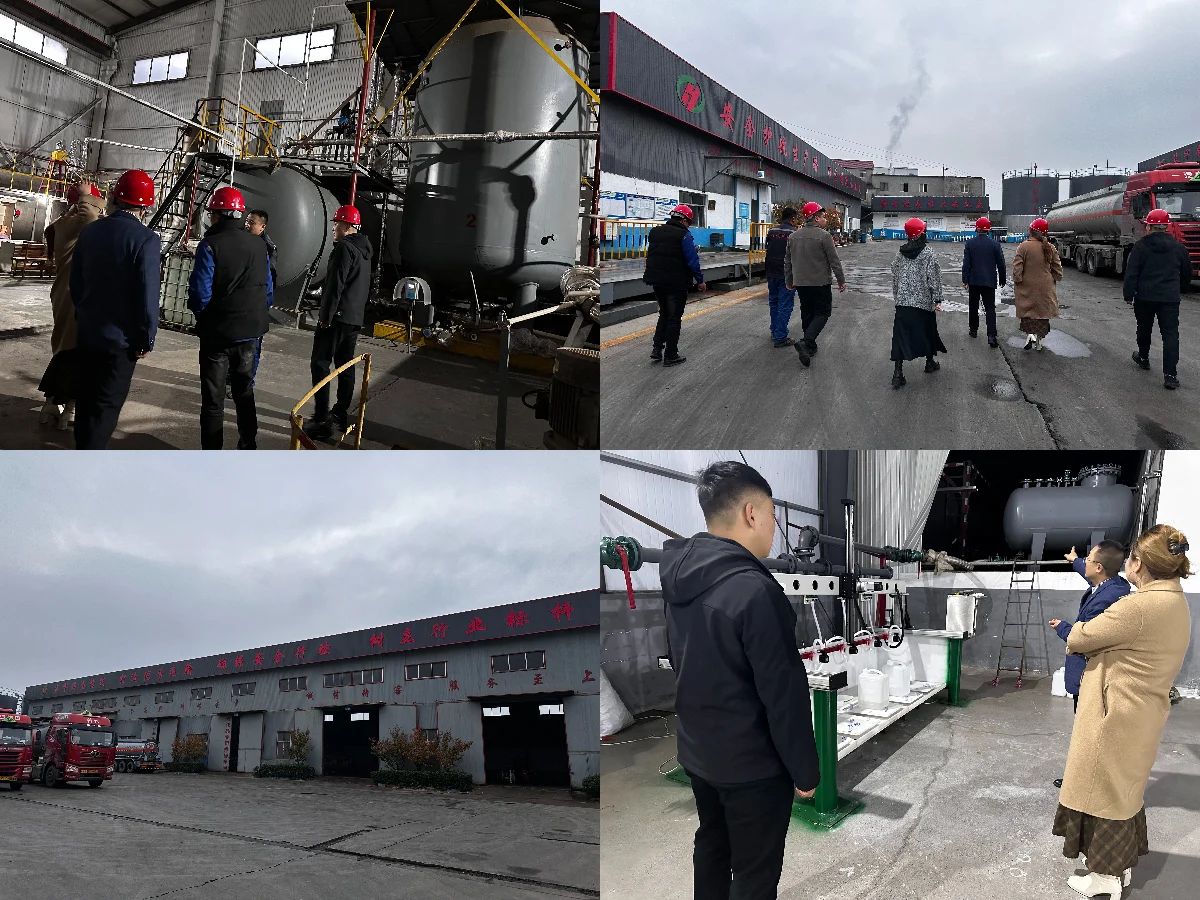Choosing the appropriate flotation reagent is a critical step in optimizing Mineral processing and ensuring high recovery rates. The selection process involves several key considerations:
Ore Characteristics: The mineral composition and physical properties of the ore significantly influence the choice of flotation reagent. For instance, different minerals require specific reagents to selectively adhere to air bubbles.
Type of Reagent: Flotation reagents come in various forms, including anionic, cationic, and non-ionic types. Anionic reagents are typically used for sulfide minerals, while cationic reagents are used for oxide minerals. Non-ionic reagents can be employed in various situations where ionic reagents are less effective.
Performance Testing: Laboratory testing is essential to determine the effectiveness of different flotation reagents on the specific ore type. This involves conducting flotation tests to compare the recovery rates and concentrate grades achieved with various reagents.
Economic Factors: Consider the cost of the reagent relative to its performance. Sometimes a more expensive reagent may offer better results, leading to cost savings in the long run through improved recovery rates and reduced processing costs.
Environmental Impact: Evaluate the environmental impact of the reagent. Opt for reagents that have minimal adverse effects on the environment and comply with local regulations for chemical usage and waste disposal.
- Random Content
- Hot content
- Hot review content
- Company product introduction
- Potassium borohydride
- Sodium selenite,anhydrous 98%
- Sodium nitrate
- Dimethyl Carbonate (DMC)
- How do I choose the right flocculant?
- How can I optimize the use of chemicals in ore processing?
- 1Discounted Sodium Cyanide (CAS: 143-33-9) for Mining - High Quality & Competitive Pricing
- 2Sodium Cyanide 98% CAS 143-33-9 gold dressing agent Essential for Mining and Chemical Industries
- 3China's New Regulations on Sodium Cyanide Exports and Guidance for International Buyers
- 4International Cyanide(Sodium cyanide) Management Code - Gold Mine Acceptance Standards
- 5China factory Sulfuric Acid 98%
- 6Anhydrous Oxalic acid 99.6% Industrial Grade
- 7Soda Ash Dense / Light 99.2% Sodium Carbonate Washing Soda
- 1Sodium Cyanide 98% CAS 143-33-9 gold dressing agent Essential for Mining and Chemical Industries
- 2High Purity · Stable Performance · Higher Recovery — sodium cyanide for modern gold leaching
- 3Sodium Cyanide 98%+ CAS 143-33-9
- 4Sodium Hydroxide,Caustic Soda Flakes,Caustic Soda Pearls 96%-99%
- 5Nutritional Supplements Food Addictive Sarcosine 99% min
- 6Sodium Cyanide Import Regulations & Compliance – Ensuring Safe and Compliant Importation in Peru
- 7United Chemical's Research Team Demonstrates Authority Through Data-Driven Insights













Online message consultation
Add comment: